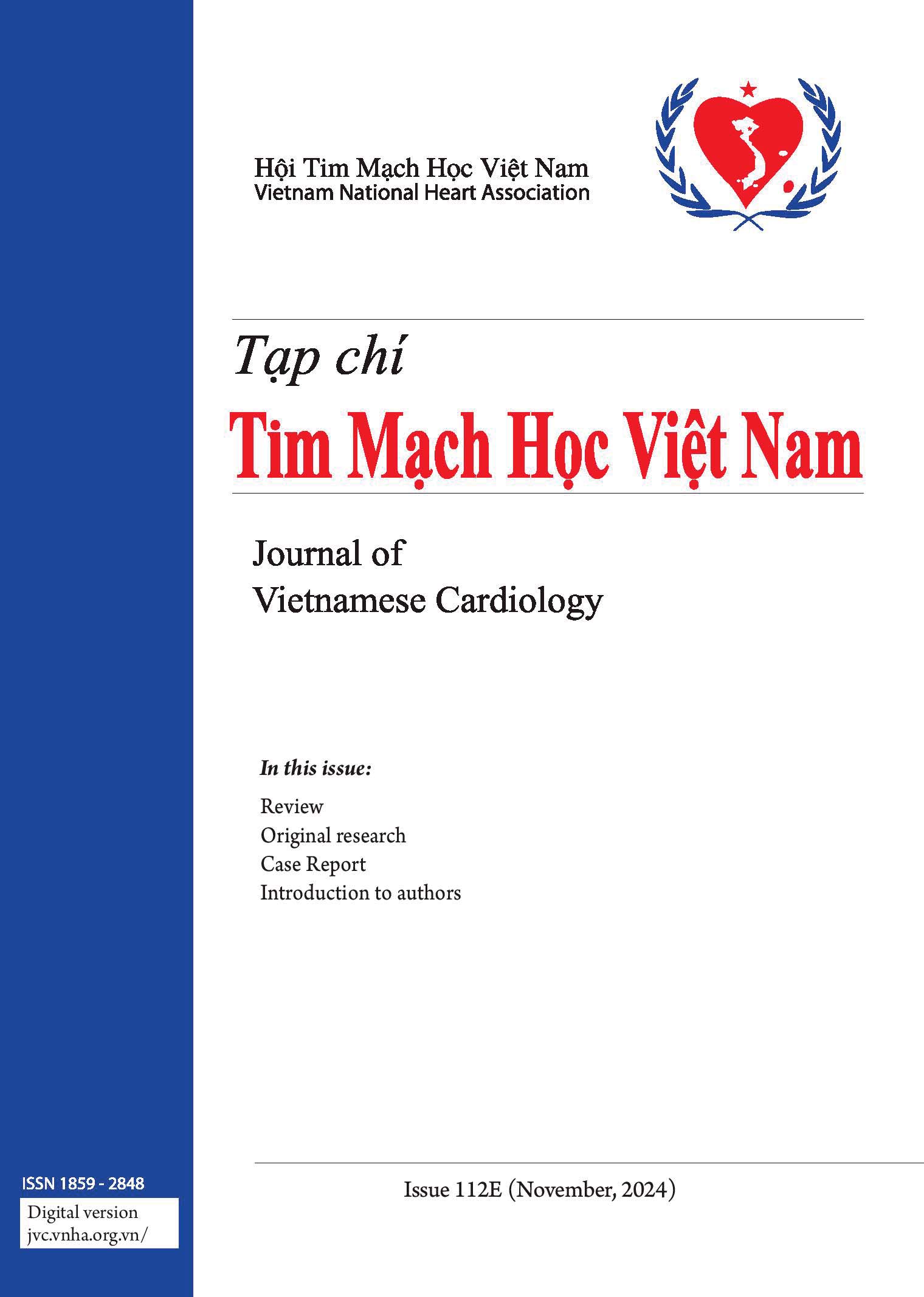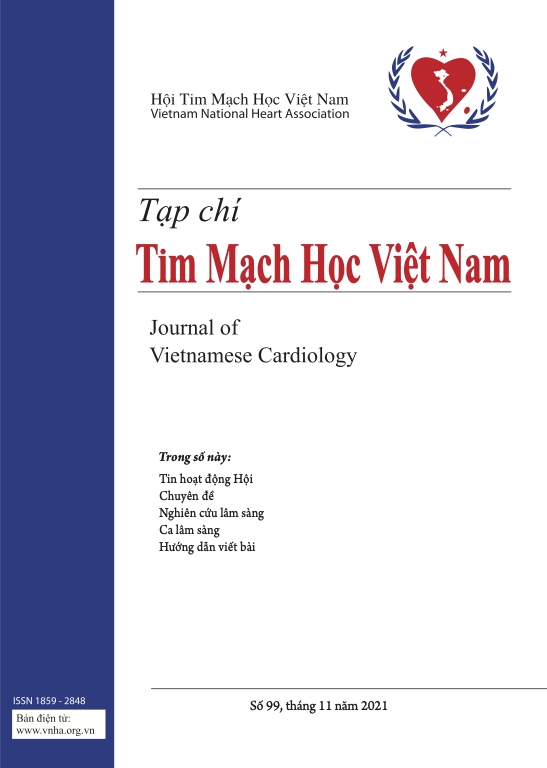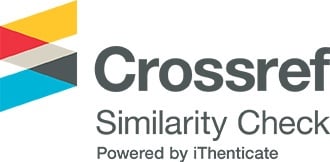Coronary Artery Disease Management in Ho Chi Minh City: The Role of Self-Care and Disease Knowledge in Reducing Health Risks
DOI:
https://doi.org/10.58354/jvc.112E.2024.858Từ khóa:
Coronary artery disease, self-care, health knowledge, health behaviorTóm tắt
In order to avoid cardiac complications, patients with coronary artery disease (CAD) should the effect of self-care agency on health risk behaviors. Coronary artery engage in heart-healthy behaviors. Therefore, it is presumed that individuals have acquired self-care agency and a thorough understanding of their disease. Therefore, we investigated the associations between healthy affect, Self-Care, Disease Knowledge to improve their Health Risks status of patient.
A descriptive-correlational design involving patients with having coronary artery disease (CAD) and being treated in Ho Chi Minh City. The participants (N =191) who living in Binh Chanh, Nha Be, Can Gio and answer questionnaires which included Exercise in Self-care Agency scale (ECSA), Health Behavior Scale (HBS) and the Baecke questionnaire. The Linear regression correlation coefficient analysis, and computed r was applied this study. Result showed significant predictive relationships between self-care agency, disease-related knowledge, and health risk behaviors. Higher levels of self-care agency and disease-related knowledge were associated with lower health risk behaviors. Gender, marital status, and specific health conditions like hypertension and stroke also played significant roles in influencing health risk behaviors. Mediation analysis further revealed that disease-related knowledge partially mediates disease, self-care, health knowledge, health behavior.
Tài liệu tham khảo
WHO. Cardiovascular diseases (CVDs). 2021
![]()
Bauersachs R, Zeymer U, Brière JB, Marre C, Bowrin K, Huelsebeck M. Burden of Coronary Artery Disease and Peripheral Artery Disease: A Literature Review. Cardiovasc Ther. 2019;2019:8295054. doi:10.1155/2019/8295054
![]()
Arnett DK, Blumenthal RS, Albert MA, et al. 2019 ACC/AHA Guideline on the Primary Prevention of Cardiovascular Disease: A Report of the American College of Cardiology/American Heart Association Task Force on Clinical Practice Guidelines. Circulation. 2019;140(11):e596-e646. doi:10.1161/CIR.0000000000000678
![]()
WHO. Cardiovascular diseases (CVD) in Viet Nam. 2024
![]()
VIETNAMNET GLOBAL. 200,000 people die from cardiovascular diseases per year in VN. 2023
![]()
Riesch SK, Hauck MR. The exercise of self-care agency: an analysis of construct and discriminant validity. Res Nurs Health. 1988;11(4):245-255. doi:10.1002/nur.4770110406
![]()
Moons P, De Volder E, Budts W, et al. What do adult patients with congenital heart disease know about their disease, treatment, and prevention of complications? A call for structured patient education. Heart. 2001;86(1):74-80. doi:10.1136/heart.86.1.74
![]()
Goossens E, Luyckx K, Mommen N, et al. Health risk behaviors in adolescents and emerging adults with congenital heart disease: psychometric properties of the Health Behavior Scale-Congenital Heart Disease. Eur J Cardiovasc Nurs. 2013;12(6):544-557. doi:10.1177/1474515113475934
![]()
Benjamin EJ, Muntner P, Alonso A, et al. Heart Disease and Stroke Statistics-2019 Update: A Report From the American Heart Association. Circulation. 2019;139(10):e56-e528. doi:10.1161/CIR.0000000000000659
![]()
Gu T, Fu C, Shen Z, et al. Age-Related Whole-Brain Structural Changes in Relation to Cardiovascular Risks Across the Adult Age Spectrum. Front Aging Neurosci. 2019;11:85. doi:10.3389/fnagi.2019.00085
![]()
Taylor RS, Dalal HM, McDonagh STJ. The role of cardiac rehabilitation in improving cardiovascular outcomes. Nat Rev Cardiol. 2022;19(3):180-194. doi:10.1038/s41569-021-00611-7
![]()








